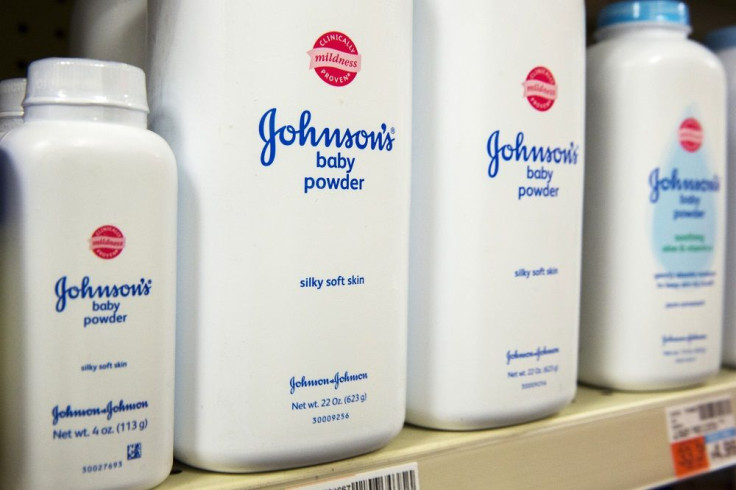3rd loss for Johnson & Johnson after St Louis jury awards over $70 million to California woman diagnosed with ovarian cancer

A 62-year-old California woman is the third ovarian cancer patient who won a lawsuit against Johnson & Johnson. With the more than US$70 million (A$92.15 million) award given to Deborah Giannecchini, the total damages that the manufacturer of baby powder which the women used on their intimate area is about US$197 million (A$259.3 million).
The Thursday verdict follows previous juries’ grant of US$72 million (A$100 million) to the family of Jacqueline Fox and US$55 million (A$71.6 million) to Gloria Ristesund in the early part of 2016. The three court victories – with Johnson & Johnson appealing the first two decisions – are just a drop in the bucket out of the 1,700 lawsuits filed against the talc manufacturer in state and federal courts that the company ignored studies linking baby powder and ovarian cancer and its failure to warn consumers.
Giannecchinni has been using Johnson’s Baby Powder for feminine hygiene for more than 40 years until she was diagnosed with ovarian cancer in 2012. Her lawyers say despite surgery, radiation and chemotherapy, she has 80 percent chance of dying in the next two years, Bloomberg reports.
The bulk of her award was for punitive damages, which 90 percent of about US$2.5 million (A$3.29 million) are for medical costs, pain and suffering. While Giannecchini was apparently overwhelmed by the jury’s decision in her favour which she says she has waited for a long time and she wanted it so badly, Johnson & Johnson spokeswoman Carol Goodrich says the company would appeal the jury verdict because “We are guided by the science, which supports the safety of Johnson’s Baby Powder.”
Giannecchini was diagnosed with stage 4 ovarian cancer when she had no family history of the ailment and was not considered a high risk. She only thought of talc powder she has been using since she was 15 as the likely culprit when months after Giannecchini’s diagnosis, her daughter saw a television advertisement advising ovarian cancer victims who used talc powder in their intimate area to come forward, Associated Press reports.
While three ovarian cancer patients convinced the courts that their ovarian cancer was because of their regular use of the powder, a New Jersey judge threw out two cases due to lack of reliable evidence linking ovarian cancer to talc powder. Other known factors that boost a woman’s risk of ovarian cancer include age, obesity, use of estrogen therapy after menopause, not having any children, genetic mutations and personal or family history of ovarian or breast cancer.





















